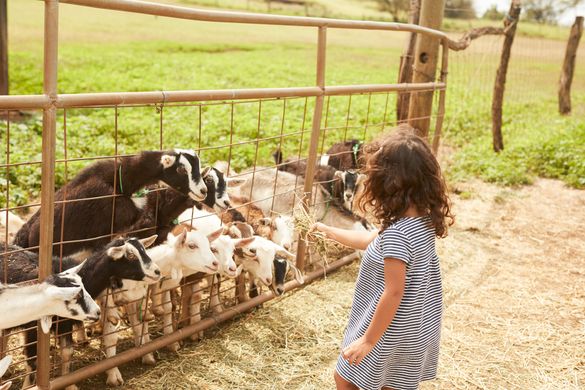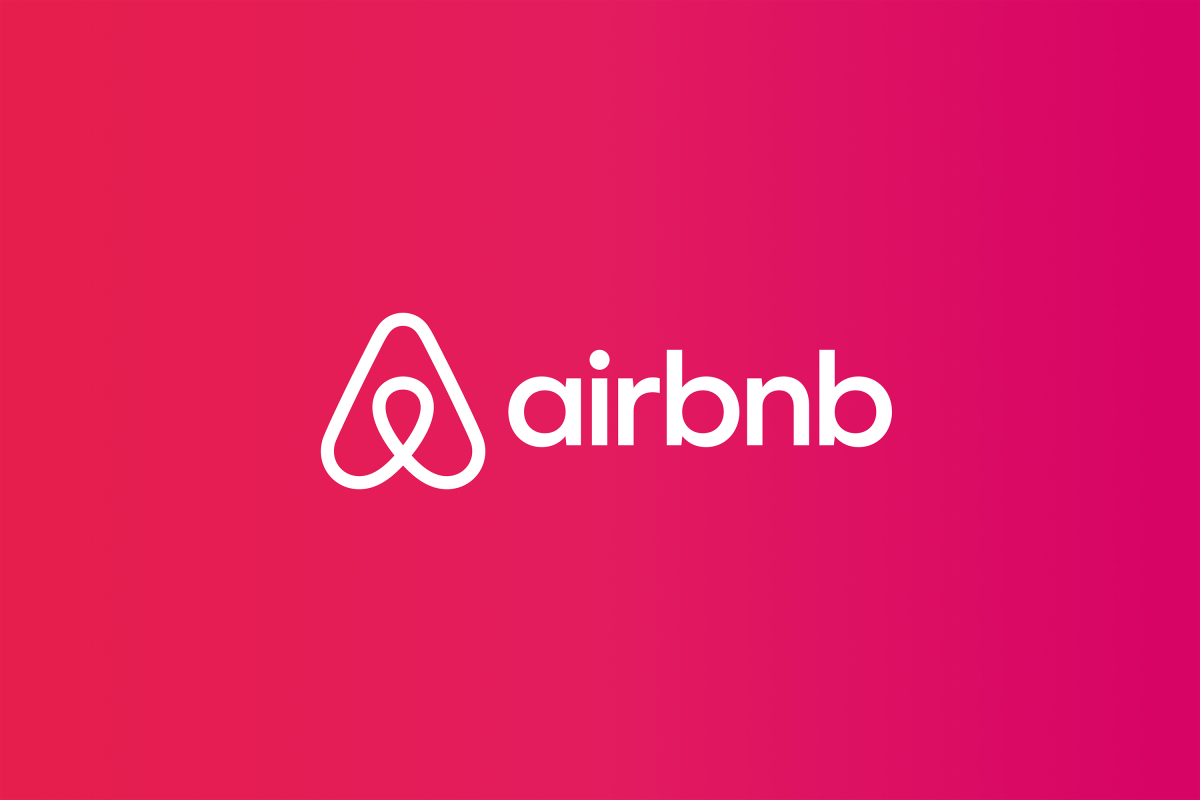Hawai’i’s Regenerative Tourism Movement – Maui Nui

The Hawai’i Tourism Authority is committed to regenerative tourism for Hawai’i, seeking to balance the economics of tourism with the wellbeing of our communities, natural resources, and culture. This includes attracting and educating positive-impact travelers who are mindful of how they respect and interact with residents, of how their movement through Hawai’i impacts the environment positively and of how they value and respect the Hawaiian culture and other cultures of Hawai’i. This commitment to regenerative tourism advocates for solutions to overcrowded sites, overtaxed infrastructure, and other tourism-related issues; and works with responsible agencies, community, and stakeholders to improve natural and cultural assets valued by Hawai’i’s residents.
The Hawai’i Tourism Authority in partnership with the counties, respective island visitors bureaus and community stakeholders, developed Destination Management Actions Plans (DMAP) for Kaua’i, O’ahu, Maui Nui and Hawai’i Island. Learn more at: https://www.hawaiitourismauthority.org/what-we-do/hta-programs/destination-management-actionplans/. For the Maui DMAP, visit: https://www.hawaiitourismauthority.org/media/6860/hta-maui-action-plan.pdf.
Advance Reservation Systems
As part of a statewide effort to promote regenerative tourism, counties, and state agencies in Hawaiʻi are actively managing hotspot attractions by implementing advance reservation systems. These systems are instrumental in managing visitor capacity, protecting Hawai’i’s natural environment and cultural sites, improving experiences and allowing us to better steward the Hawaiian Islands. Visitors should understand the importance of making advance reservations so they can better enjoy and mālama (care for, protect and preserve) Hawai’i.
- ʻĪao Valley State Monument Park: Advance reservations are now required for out of state visitors. Parking is $10 per vehicle. Visitors making parking reservations are required to select a time slot to spread out visitation across the day. The additional non-resident entrance fee is $5 per person with no charge for children under three-years of age. Reservations can be made within 30 days at https://gostateparks.hawaii.gov/iao-valley
- Waiʻānapanapa State Park – Advance reservations required for out of state visitors. Parking is $10. Visitors making parking reservations will be required to select a time slot to spread out visitation across the day. Reservations can be made within 30 days at https://www.gowaianapanapa.com
Mālama Hawai’i, Mālama Maui
In the Hawaiian culture, caring for the ʻāina (land) is not just a responsibility for all who live on it, but is expected of guests to our islands. It is an act that connects to life itself, as the ‘āina and people are connected. As visitors plan their travel to the Islands, participating in opportunities to mālama (care for, protect and preserve) Hawaiʻi while traveling and visiting Hawai’i will provide a profound connection to our natural world, culture and communities. Volunteer organizations and travel partners statewide are offering a range of experiences for visitors to engage in mindful travel. Visitors can respect our island home by giving back and enjoying experiences that will stay with them for a lifetime.
- Keālia Pond National Wildlife Refuge is looking for interested individuals to join our volunteer team. They offer hands-on learning opportunities, meaningful outdoor experiences, and a unique wetland environment teeming with birds, insects, and plants. The U.S. Fish and Wildlife Service mission is to work with others to conserve, protect, and enhance fish, wildlife, plants, and their habitats for the continuing benefit of the American people. By volunteering, itʻs an opportunity to conserve wildlife and wild places for today and generations to come. To
learn how to get involved, please visit: https://www.fws.gov/refuge/kealia-pond/get-involved - Kaʻehu is a nonprofit organization with the goal to restore the land and perpetuate traditional Hawaiian culture using a community-based, inclusive, family-oriented approach to environmental stewardship and sustainable agriculture. That relationship between people and place grows stronger every time you mālama (give back). When you give back to the land, the ocean, the wildlife, the forest, the fishpond, the community, you’re part of a virtuous circle that enriches everything and everyone. Including your experience as a visitor. For more information on how to volunteer, visit https://www.kaehu.org/
- Leilani Farm Sanctuary offers a tour of this idyllic farm sanctuary, home to a myriad of farm animals including bunnies, a donkey, goats, a pig, tortoise, kitties, chickens and even a friendly deer. After your tour, lend a hand on this vegan farm to help rescued animals. https://leilanifarmsanctuary.org/volunteer/
Buy Local, Support Local
Buying local and buying from local businesses is a sustainable and responsible way of traveling by supporting communities, local industries, agritourism and cultural artisans. Support local and Hawaiian businesses which are dedicated to creating economic diversification, high-quality jobs, givebacks, investment, and a regenerative culture of entrepreneurship.
- Lānaʻi Day Trip to Lānaʻi City, Lānaʻi Cat Sanctuary and using the Lānaʻi Guide App:
https://mauitourism.org/visit-lanai.htm - Farmers Markets: Upcountry Farmers Market, Wailea Village Farmers Market, Maui Sunday Market, Kumu Farms at the Country Market
- Kapa Curious (great for groups): An innovative Hawai’i-based company that incorporates traditional teachings with modern techniques to create unique and original pieces that educate their customers in the Hawaiian culture: https://www.kapacurious.com/
- Sunny Savage. Take a guided plant hike to responsibly harvest invasive edibles: https://sunnysavage.com/
- Coconut Information. Besides taking a farm tour, Coconut Information provides cooking classes that teach visitors how to make delicious meals with the incredible coconut: https://www.coconutinformation.com/
- Lokelani Essentials. Products are available to purchase online and in stores. Occasional workshops are also offered. Lokelani Roses are organically and sustainably grown. All the essential oil blend products are crafted with a homemade touch and love: https://www.lokelaniessentials.com
Maui has a wide variety of farm tours that offer visitors an opportunity to not only support local but see where their meals are sourced.
- Westside Maui Farm Tours: Maui Ku’ia Estate Chocolate Farm, Dragon Fruit Farm
- Upcountry Maui Farm Tours: O’o Farms, Kula Country Farm, Surfing Goat Dairy, Malolo Protea Farm, Aliʻi Kula Lavender Farm, Maui Tea Farm
- Eastside Maui Farm Tours: Ono Organic Farm, Hāna Tropicals
Mineral-only Sunscreen
In 2021, the Hawai’i Tourism Authority initiated a community-voiced committee, along with visitor industry and government stakeholders, to develop a list of actions to better manage the negative impacts tourism has on our communities, environment, and culture on each Hawaiian Island. There is a Destination Management Action Plan (DMAP) for each of Hawai’i’s counties, including Maui County.
Maui Nui is committed to protecting the ocean and our marine wildlife neighbors. In October 2022, Maui County – with the support of their residents and in response to the Maui DMAP – put into effect a law banning the sale and use of chemical sunscreen. It is an important move which promises to reverse the negative impact that the chemical sunscreen has on our coral reefs, other marine life, and our shoreline. Travelers visiting Maui are encouraged to purchase the mineral-only sunscreen on-island at local Maui retailers instead of bringing their own sunscreen. This ensures that mineral-only sunscreens are used. Visitors can also enjoy free mineral-only sunscreen from dispensers at 19 popular beaches throughout Maui and one beach on Lānaʻi.
Maui “Rises Above Plastics on Vacation”
Maui Visitors & Convention Bureau (MVCB) is a partner with this Surfrider Foundation Maui Chapter campaign to provide alternatives to single-use plastic water bottles as a filtered form of water for those vacationing on Maui. MVCB is supporting by providing co-branded reusable water bottles. MVCB is also recognizing existing partners and is inviting vacation rental units and condominium complexes to join in on the program:
- Stay at Kāʻanapali Shores to take advantage of free mineral-only sunscreen on site, enjoy reusable water bottles and filtered water for refills on site, and know that the property has stopped the use of chemical pesticides and fertilizers on their landscape (great for bare feet!).
- Other partners for the program include Kahana Falls, Wailea Residence Inn and Coldwell Vacation properties.
Learn more about The Hawaiian Islands
[related_post]Have your say Cancel reply
Subscribe/Login to Travel Mole Newsletter
Travel Mole Newsletter is a subscriber only travel trade news publication. If you are receiving this message, simply enter your email address to sign in or register if you are not. In order to display the B2B travel content that meets your business needs, we need to know who are and what are your business needs. ITR is free to our subscribers.















TAP Air Portugal to operate 29 flights due to strike on December 11
Qatar Airways offers flexible payment options for European travellers
Airlines suspend Madagascar services following unrest and army revolt
Digital Travel Reporter of the Mirror totally seduced by HotelPlanner AI Travel Agent
Strike action set to cause travel chaos at Brussels airports